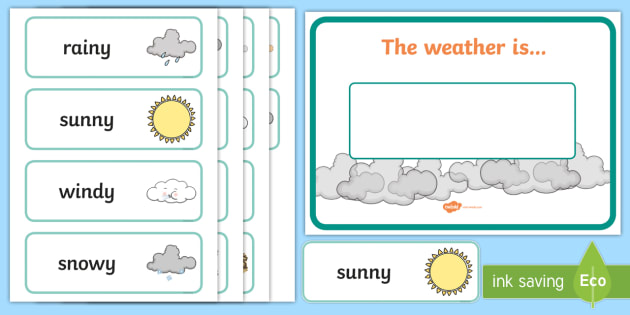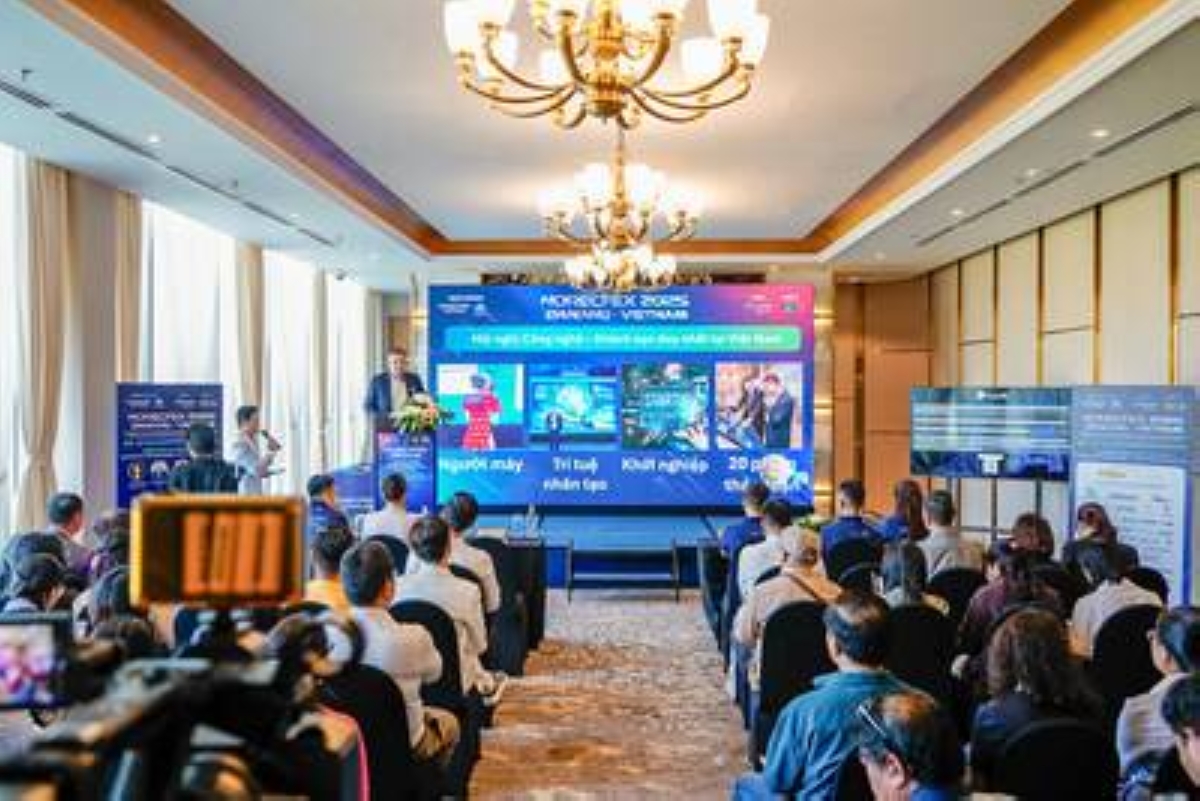Economy

Economy
19 Sep, 2025
Calls Grow for Science-Based Decisions on Class Suspensions Amid Rising Education Concerns
Felicidad Dimaculangan
Class suspensions across the country have sparked widespread concern as authorities continue to halt classes based on anticipated weather conditions, often without corresponding impacts on actual rainfall or safety. Since June, schools have experienced at least eight suspension days, nearly two weeks lost from the academic calendar. Further disruptions risk exceeding a month of lost class time, excluding extensive regular holidays already observed.
The Coordinating Council of Private Educational Associations of the Philippines criticized these decisions, urging government officials to ground suspension orders in science and local data rather than applying broad, automatic directives. In a statement, they warned that such blanket suspensions hinder school preparations, undermine resilience within educational communities, and diminish student learning value.
Parents from Bicol echoed this frustration, emphasizing that the centralized suspension mandates disregard localized forecasts from agencies like the Philippine Atmospheric, Geophysical and Astronomical Services Administration (PAGASA). They lamented that this top-down approach weakens the capacity of local governments to make informed decisions based on their specific conditions.
The Department of the Interior and Local Government (DILG) has even coined the term "abangers" to describe students and parents who eagerly monitor class suspension announcements, a label reflecting concerns about possible complacency or misuse of suspension days. Critics argue this perception undervalues education and fails to address the Philippines’ alarming learning poverty rates.
According to World Bank data, nearly 91% of Filipino students in Grades 4 and 5 struggle with reading and comprehension, far exceeding rates in neighboring East Asian countries such as Japan, South Korea, and Singapore, where rates remain under 5%. Despite this, officials seem to prioritize politically popular but potentially detrimental suspension practices over educational progress.
Advocates call for a shift toward a more rational, evidence-based decision-making framework wherein local leaders—governors and mayors—in coordination with school officials determine suspensions based on scientific forecasts. Modern communication tools and digital platforms enable swift coordination and continuity of learning, even during suspensions.
Remote learning options, prior assignment distributions, and better coordination could mitigate the educational setbacks caused by abrupt class cancellations. However, concerns remain that using mass media for blanket announcements serves political interests more than the educational welfare of students.
Experts warn that as traditional economic opportunities in agriculture and industry decline, education remains the most vital pathway out of poverty for millions of Filipino children. Failure to protect instructional time and uphold the value of education risks depriving future generations of opportunities in technology, finance, and overseas employment.
It is imperative that government authorities adopt science-driven protocols for class suspensions and empower local decision-makers to safeguard students’ rights to quality education.
Recommended For You

Supreme Court Honors 2025 Metrobank Foundation Outstanding Filipinos for Exemplary Public Service
Sep 19, 2025
Macario Yambao

ABS-CBN Maintains Premier Status in Philippine Media and Entertainment
Sep 19, 2025
Basilia Magsaysay

Senate Criticizes Meta for Skipping Hearing on Online Gambling Proliferation
Sep 19, 2025
Macario Yambao
The Davao Coastal Road – Paving the Way for Progress and New Possibilities
Sep 19, 2025
Nemesio Gatdula
